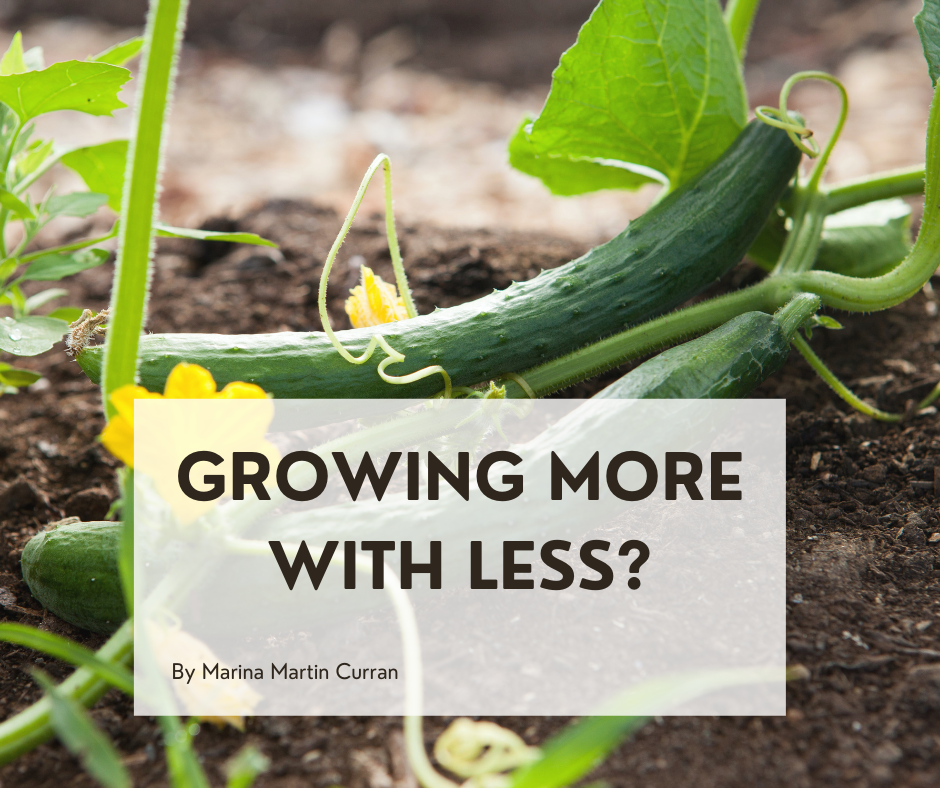Between the dramatic rises in gas prices in the last year and the need to cut emissions to curb climate change, greenhouse growers, along with every other industry sector must face some tough decisions and big investments.
At our recent visit to Greentech in Amsterdam, many were discussing the skyrocketing price of natural gas, prices in the Netherlands having risen from 16 Euros/MWH in January to 88 Euros/MWH in October. This has also had repercussions on electricity prices driving it up 230% in the last year. The impact of these prices has already had an effect on greenhouse growers decision-making for the new season. On 7th October, HortiDaily published an article reporting on Dutch growers who have already said that they cannot make ends meet at the current gas prices and face the dilemma of producing vegetables at prices that the supermarkets and consumers won’t purchase because they will cost so much to grow. They are concerned that Dutch supermarkets will source their vegetables in Spain to keep prices within what the consumer is prepared to pay.
Meanwhile we spoke to a Swiss greenhouse grower who is also reliant on gas to heat his greenhouse. JB explained to us that he keeps the heat on all year round. During the winter months of course to create an ambient temperature that is optimum for vegetable production and in the summer, he keeps it on at a low level to dry the air in the greenhouse which decreases the risk of fungal contaminations and therefore decreases the needs for chemical inputs. We asked him about how he deals with that conundrum, on the one hand he has a carbon footprint from his gas heating, and on the other, he reduces his use of phytosanitary products. He said that the local government would rather he had a lower carbon footprint and used pesticides, whereas consumers would rather eat pesticide-free produce and have less consideration for carbon emissions.
Greenhouse growers also enrich their greenhouses with carbon dioxide in order to meet the photosynthetic potential of their crops. JB’s gas heating system allows him to capture the CO2 produced during combustion, which he can then add to his greenhouse. Of course, nothing is simple, and the time of year that he would most need the CO2 is on sunny warm days when he is less likely to be burning gas…
We discussed what alternatives were available to him to reduce his reliance on fossil fuels. He said that for now it was really very limited as there are no renewable options available in that part of the Canton Geneva for now, though the Canton is exploring geothermal options and distance heating. The day that transparent solar panels are readily available, that will be an absolute-game changer for the greenhouse sector as for obvious reasons it makes no sense to shade a greenhouse with solar panels, though it has been done.
So next time you slice a cucumber for your gin and tonic, consider the complexity of the decision-making that has gone into growing it, especially if it was greenhouse-grown.
Related article: IPCC Report: Why adaptation and mitigation matter
To learn more about how our technology can help growers reduce their carbon footprint: contact us.

